Is India’s clampdown on critical tweets a threat to free speech?
3 min readIndia has long touted itself as the world’s biggest democracy and a bastion of free speech despite its rather abysmal record on these fronts. It continues to occupy parts of Kashmir, denying its 12 million inhabitants the right to self-determination while minorities - particularly Muslims - continue to fall victim to wanton acts of violence perpetrated by right-wing Hindu mobs. The Indian state also sponsored a disinformation campaign to peddle false narratives to undermine rival countries. Another iteration of India’s clampdown on freedom is to purge social media of posts critical of the government as revealed by Twitter.
Back in 2021, India asked Twitter to take down tweets by the non-profit organization Freedom House. The tweet in question discussed the declining internet freedom in India. Twitter revealed and acceded to the request yesterday. (Sunday).
“These weren’t even particularly provocative tweets,” Indian journalist Aroon Deep tweeted Monday, “They’re basically dry policy analysis tweets by @freedomhouse on the impact of internet censorship.”
India’s censorship of anti-government content online isn’t new. A 2021 report released by Twitter calculated the percentage of global legal demands made by countries, which included formal orders to remove content. According to the report, India accounted for about 11 percent of these legal demands.
This is apparent when one takes a look at the list of accounts and tweets taken down by the Indian government.
For example, India took down accounts belonging to Pakistani diplomatic missions in Egypt, Iran, Turkey, and the United Nations, and to the country’s state radio broadcaster @RadioPakistan.
The Indian government also attacked tweets posted by journalists. On Monday, award-winning Indian journalist Rana Ayyub - who writes for The Washington Post, the New Yorker and the Guardian among others - was notified by Twitter that her tweet had been taken down in compliance with the Indian government’s order.
The email stated that while her tweet was taken down in India, it would remain visible in other countries.
According to Twitter, it is obliged to process such requests by governmental authorities under the Country Withheld Act. The social media website has the jurisdiction, however, to allow the censored content to circulate freely in other countries.
Other content which was censored included that by Pieter Friedrich, a journalist on South Asian affairs, who posted a tweet against the Indian occupation forces in Kashmir.
Tweets regarding the year-long farmer protests were also highly censored. The accounts @Tractor2twitr and @Kisanektamorcha were blocked by the Indian government, as both of them were major sources of information regarding the farmers’ protest.
India was able to take such action due to Section 69A of the Information Technology Act, 2000. According to the act, the government could block access to any information flowing through computer resources if it threatened the interest of sovereignty and integrity of India.
India isn’t the only country making requests to take down tweets by journalists and news outlets. According to Twitter, there had been a surge in similar government demands worldwide in 2020.
India made the most requests, followed by Turkey, Pakistan and Russia.
For the latest news, follow us on Twitter @Aaj_Urdu. We are also on Facebook, Instagram and YouTube.















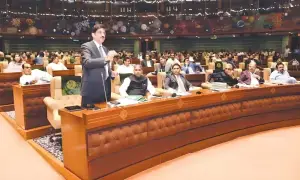


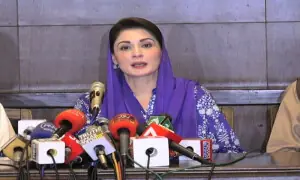

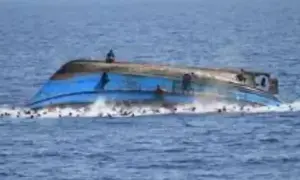
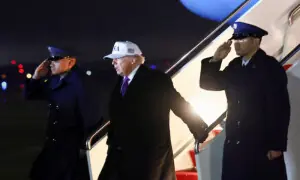
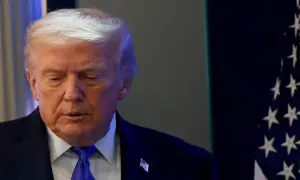



Comments are closed on this story.